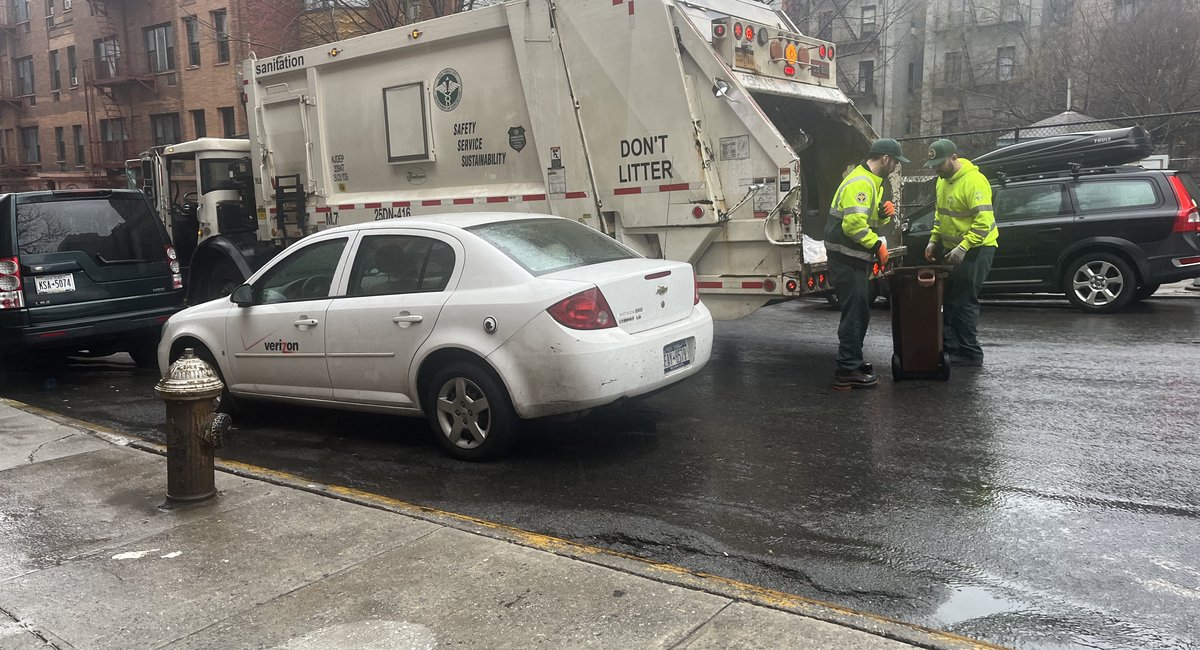Curbside collection of yard waste, food scraps and food-soiled paper will begin this Sunday in Manhattan, the Bronx and Staten Island as part of an expansion of a successful program that started in Queens and Brooklyn.
Officials say the program aims to combat the city’s rat problem and promote sustainability. Compostable materials will be sold to landscapers, given to home gardeners, or converted into energy.
“Curbside composting fights rats and helps the planet. It’s a win-win — especially when it’s easier than ever,” said Jessica Tisch, the city’s sanitation commissioner, in a statement.
Composting will now be required for all residents and buildings with more than four units must provide a storage area for collection bins. Enforcement of composting rules — with fines — will begin in April.
What’s the point?
Composting diverts material that would normally end up in landfills, where it attracts rats. The rodents can tear open food scraps on the street, which can cause litter and draw even more pests. Officials credit composting for reducing rat sightings and cutting landfilled waste by 260 million pounds.
The Department of Sanitation also says separating food from other trash will reduce the smell of garbage left on the street.
Expanding curbside collection citywide simplifies a previously confusing program that required residents to sign up and figure out how to access collection bins. Officials say this new program is designed to be easy and universal.
What gets composted?
Most food and yard waste is eligible for composting. Food scraps include meat, bones, dairy, prepared foods and food-soiled paper like pizza boxes and uncoated paper plates.
Yard waste includes leaves and other plant material.
The collected material is sent either to composting facilities, where it’s turned into soil for parks and gardens, or to city anaerobic digesters, where it’s converted into renewable energy or fertilizer.
How does it work?
Residents separate kitchen scraps and place them in bins. Free brown bins can be ordered from the city, but New Yorkers can also use their own 55-gallon bins, as long as they have secure lids. Bins can be lined with thin clear plastic or compostable bags to help keep them clean.
These bins are placed at the curb on recycling day.
The Department of Sanitation picks them up and transports the contents to composting facilities. The compost is then sold to landscapers or distributed to home gardeners. Officials say about 60% of compost is sold and 40% is given away.
What are the penalties for not composting?
Fines for failing to compost will start in April. Penalties begin at $100 for buildings with fewer than eight units and increase to $300 for larger buildings.
The sanitation department will hold several online informational sessions about the new program, which can be found here.
